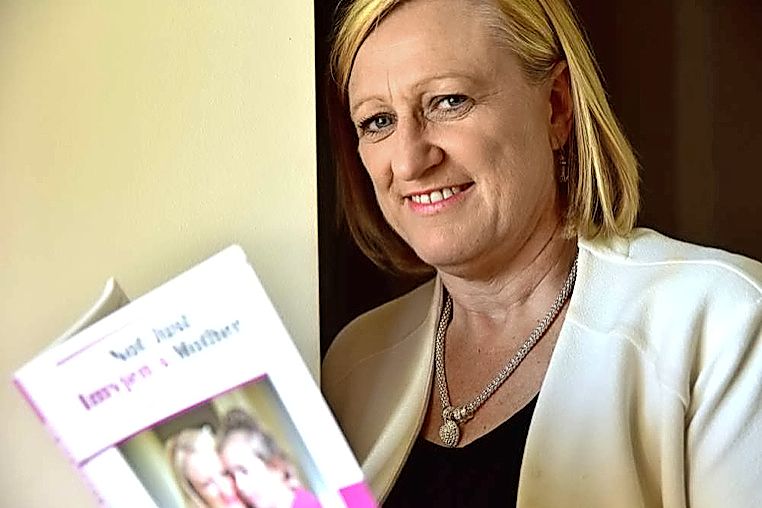First-time author Christine Stow juggles life as Whittlesea councillor with being a full-time carer for her teenage daughter, Imyjen, who has a rare muscular disorder. She talks with Alexandra Laskie
What is your connection to Whittlesea?
I grew up in Whittlesea – in Epping right where I live now. I grew up playing tennis all around Whittlesea. My family has been here for seven generations, being descendants of the Ziebells of Westgarthtown. We’re related to many families in the area. You can’t say bad things about us because you might be talking to one of my relatives!
What made you pursue a career as a councillor?
I had been advocating for carers, people with disabilities, single parents … for a long time to improve outcomes. It was a moment in time that I was ready to step up. I protested in the streets like everyone else, but it didn’t make a difference – decisions had already been made. What we really need is to be at the “decision-making table” to be heard, so that’s what I did – in 2006 in the state election when I stood on disability issues, and now I’m on the council.
Have you enjoyed your time on council so far?
Absolutely. The very first thing I felt was that I am surrounded by darn good people. Being a councillor has brought me way more satisfaction than I expected. I have discovered ABCD – asset-based community development. I like to focus on the positives and the gifts we all bring to the table – even Imyjen brings her gifts of love and an ability to make me see things differently.
It’s my hope that I can bring this to our community, to focus on the great things we have here rather than what we don’t have. I love that I get to use my environmental science background as chair of Darebin Creek management committee as well as my caring experience to my role as chair of the Disability Cluster and delegate to Women in Local Government.
Why did you decide to write a book?
I had toyed with the idea and written an outline. I went along to Nat Denmans ‘48- Hour Author’ workshop and the rest, as they say, is history. We wrote the chapter outlines there and then. It was an experience that took me out of my comfort zone. Now I hope the book changes the conversation about caring and disability. I don’t want to be defined by Imyjen’s disability. I want to be valued for what I can do and I plan to help others find that feeling of value. That’s important, it makes you feel part of the community and improves your wellbeing, improves the outcomes for the whole community.
What are your biggest challenges as a full-time carer?
Juggling, handstands and juggling. Our carers are great. It’s the logistical issues like getting Imyjen from one place to another when I can’t be there. I have to second-guess things ahead for carers to be able to look after Imyjen. It’s a full-time job just juggling care. I wonder why I don’t get things done, then I realise I have spent a whole day organising care or attending hospital.
What do you think needs to change to make life easier for carers like yourself and your daughter Auraria?
Recognition and understanding. Siblings need to be recognised for the experiences they have growing up; that they are different to ‘normal’ experiences which impact on their wellbeing. I am often miffed by people’s attitudes. When attending events with Imyjen in her fold-up ‘sports-model’ wheelchair, I have been told to “take that pram outside”, but it’s not a pram. I can’t get her around without it.
It is a different road to that I thought I would take, but Imyjen is a special gift who has made me see things in a different way. Imyjen has taught me understanding, love, patience but most of all that everything is perfect the way it is, perfect in being not quite perfect. We all need to see the blessing in what we do have.
We need to recognise siblings and that siblings are different to ‘young carers’.
Imyjen has taught me understanding, love and patience but most of all that everything is perfect the way it is, perfect in being not quite perfect.







